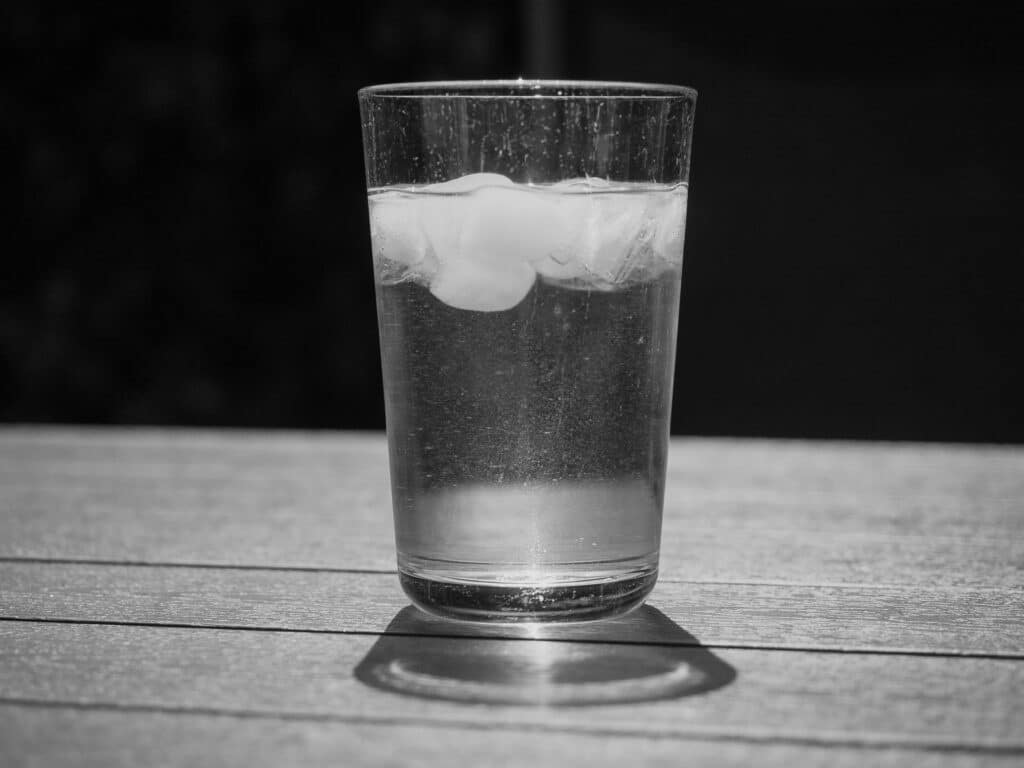How Much Water To Drink A Day?
How much water should you drink every day? Depending on who you are, what the weather is like, and how active you are, your fluid intake will be different.
What is Water’s Role in the Body?
Having an adequate daily fluid intake has many health benefits. According to the CDC (Centers for Disease Control and Prevention), drinking water can prevent dehydration. Water has no calories, so it can also help manage body weight and calorie intake when substituted for drinks with calories, like fruit juice and sweet tea or caffeinated beverages such as soda.
Getting enough water also helps your body maintain a normal body temperature, lubricate and cushion your joints, protect your spinal cord and other sensitive tissues, and eliminate waste. Water even helps keep your skin hydrated. You need more water when you might lose fluids more quickly, such as warmer climates and hot weather, when you’re physically active, and when you are running a fever.
The National Academies of Sciences, Engineering, and Medicine (The National Academies) establishes intake recommendations for nutrients and water by Americans and Canadians for health maintenance and reducing the risk of chronic disease.
Water is Crucial for Life
Water is crucial for maintaining the balance within our cells and keeping us alive. Our total water intake comes from what we drink and from water-rich foods like watermelon and cucumbers. While it is clear that not having enough water can lead to certain health issues, there is not enough scientific evidence to prove that drinking more plain water can prevent chronic diseases. Instead, guidelines help to prevent the immediate effects of dehydration, like metabolic problems.
Common Guidelines for Daily Water Intake
The recommended amount of water to drink daily for a healthy adult ranges, but for men aged 19 to 30, it is about 3.7 liters (15.6 cups), and for women in the same age range, it is about 2.7 liters (11.4 cups). This includes water from both liquid water and food. The National Academies noted that the minimal daily water requirement depends upon the person’s diet, environment, age, and activity level. Those who participate in physical activity or live in hot environments need more water.



